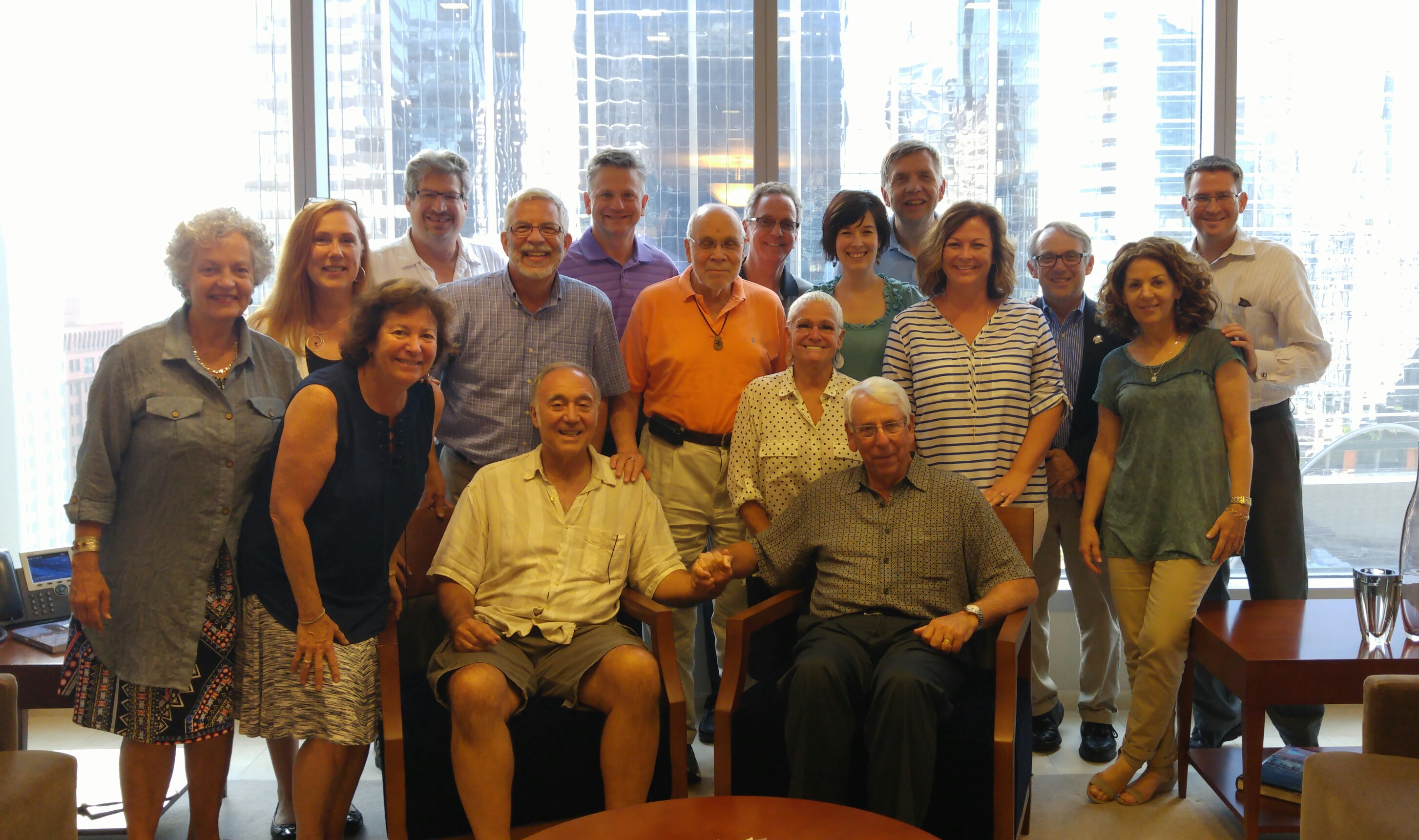Tampa Divorce Lawyer Rejects Court System
The court system publicly pits husband versus wife, mother versus father. Collaborative lawyer Adam B. Cordover declares that he will no longer take part.
Tampa, Florida, August 7, 2015: When a person steps into a courthouse to file for divorce, he or she is entering an adversarial system pitting spouse versus spouse. Tampa attorney Adam B. Cordover has seen families publicly tear themselves apart in the court system, and he has decided to do something about it. Cordover will now practice exclusively in out-of-court dispute resolution, with a focus on collaborative divorce, mediation, direct negotiations, and unbundled legal services.
And on July 31, 2015, the fifth anniversary of the establishment of The Law Firm of Adam B. Cordover, P.A., Cordover has changed his firm’s name to reflect this new focus. His firm is now “Family Diplomacy: A Collaborative Law Firm.”
“We have wonderful and caring judges, but they are limited in a system that turns parents into ‘opposing parties’ and attorneys into opposition research experts,” says Cordover, who will no longer appear in contested court hearings. “There are better, private methods, such as collaborative divorce, to help families resolve their differences and still maintain a relationship and their dignity once the divorce is finalized.”
Collaborative divorce, sometimes called collaborative law or collaborative practice, starts with a pledge by both spouses and their attorneys: Everyone will focus solely on reaching an agreement outside of court. In the unlikely event that the parties cannot reach an agreement, the collaborative attorneys withdraw and the parties may retain trial counsel (nationally, the collaborative success rate is around 90%, similar to the settlement rate of all divorces).
Each spouse in a collaborative divorce is represented by his/her own attorney, who will not waste any time, money, or energy on costly discovery tactics, motion practice, or trial preparation. Confidential discussions are had in private conference rooms rather than hearings in public courtrooms. The spouses agree to be open, honest, and transparent, and to focus on the future rather than the arguments of the past. The spouses and their attorneys work as a team to address all issues rather than as adversaries to attack each other. Experts are jointly retained to help tailor parenting plans specific to their children’s needs and financial solutions to help each spouse hit the ground running in their newly single lives.
All types of couples have decided that collaborative practice is right for them: business owners who want to minimize public exposure of their finances or trade secrets; professionals and high-profile individuals who want to keep embarrassing private personal details out of the limelight; gay and lesbian partners who never were officially married but want to work out the dissolution of their relationship; and parents who recognize that, though their marriage may be ending, a relationship of some sort will need to continue with the other parent for many years to come.
“My goal is to help families resolve their divorce issues as peacefully as possible,” says Cordover. “I have witnessed ‘War of the Roses’ and ‘Kramer vs. Kramer’ divorces, and I no longer wish to be a part of them.”
—
Adam B. Cordover is president of Next Generation Divorce, a 501(c)(3) organization and Florida’s largest collaborative practice group with member attorneys, mental health professionals, and financial professionals serving Hillsborough, Pinellas, Pasco, Manatee, and Sarasota counties. Cordover is Co-Chair of the Research Committee of the Collaborative Family Law Council of Florida and a graduate of the inaugural class of the International Academy of Collaborative Professionals’ Leadership Academy.
To learn more about Adam B. Cordover or Family Diplomacy, visit www.FamilyDiplomacy.com or call at (813) 443-0615. Family Diplomacy is located at 412 E. Madison St., Suite 824, Tampa, FL 33602.






Leave a Reply
Want to join the discussion?Feel free to contribute!